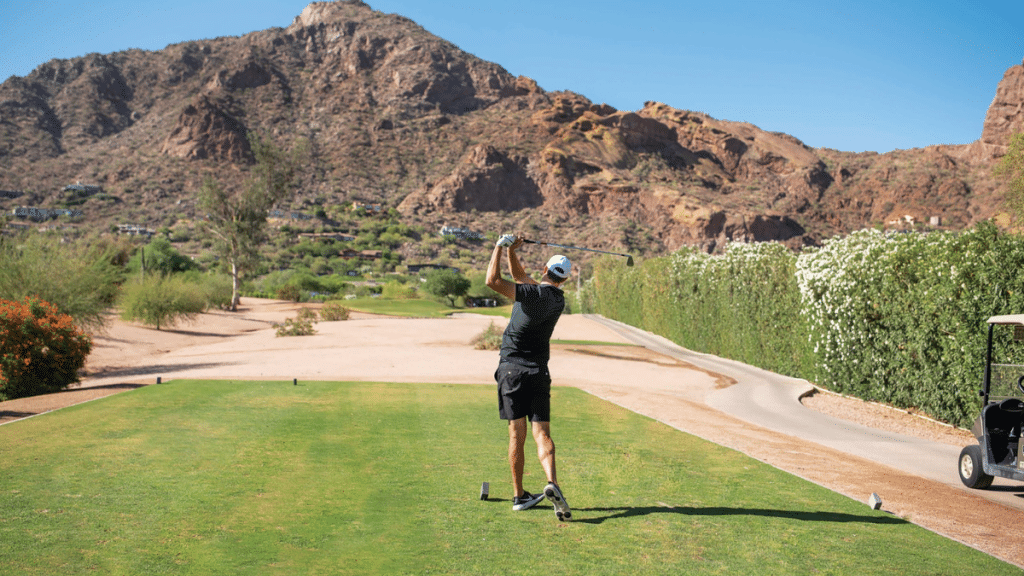A high-impact executive in Michigan’s commercial services sector, Jeff Ales brings an extensive background in sales strategy, project execution, and organizational leadership. He currently serves as general manager and executive VP of sales at Legacy Service Solutions, LLC, where he leads operations across multiple states. His responsibilities span construction and restoration projects, terminal cleaning services, and specialty flooring solutions for healthcare and commercial clients. Jeff is recognized for his strategic vision—driving Legacy’s CRM adoption, scaling B2B sales channels, and consistently exceeding revenue targets. His leadership has contributed to remarkable growth, including a 500% annual uptick in sales volume and expanded market penetration through compelling trade show marketing and direct outreach campaigns. Before joining Legacy, Mr. Ales served as COO of Reliant Supply Group & Legacy GPO, and as regional VP of sales for Finish Line Floors, a GSA-approved federal contractor. Jeff Ales thrives on creating value through strong client relationships, innovative marketing, and results-driven leadership. An avid golfer himself, Jeff shares insights on staying safe while enjoying the game.
Even though golf does not involve physical contact, the sport has potential hazards. Golfers must consider several safety considerations while on the course, such as remaining aware of their surroundings.
On the golf course, golfers must ensure that no one stands too close before swinging their clubs. They must also apply caution when approaching blind spots like bends and hills to protect other players against swinging or flying ball hits. Golfers should yell “Fore!” if there’s a reasonable expectation that their ball is approaching another group of golfers.
After a game of golf, put away your clubs and balls. When operating a golf cart, obey all signs and avoid riding into wet or marshy terrain, which might cause the cart to tip or slip.
Take measures to protect yourself from harmful sun rays. Always wear sunscreen with an SPF of at least 30, and reapply after a couple of hours. You should also consider wearing a hat or sunglasses to protect your eyes from the rays. Wear lightweight, breathable clothing that protects you from heat exhaustion, and drink enough water to stay hydrated as you play your rounds.
Dressing appropriately at the golf course can help prevent injuries. For instance, wearing golf shoes that do not have slip soles will prevent you from tripping or falling on wet terrain. Also, wearing gloves protects you from blisters and helps you maintain a firm grip on the club.
Since many professionals situate golf courses in natural settings, golfers may encounter local wildlife. Depending on where you’re playing, you might encounter animals like snakes, birds, or even alligators. It’s best to admire from a distance and avoid approaching them. When retrieving your ball, be especially cautious around water hazards, wooded areas, or steep slopes- these spots can be unstable or slippery and pose a risk of falling. Also, bunkers with steep or unstable sides can cause you to twist your ankles or fall if you step in the wrong spot. Always approach these areas and avoid leaning too far or overreaching to retrieve a ball.
The weather is another key factor in staying safe on the course. If there’s lightning in the area, stop playing immediately, even if a warning horn hasn’t sounded. It’s always safer to take shelter and wait it out. Rain can make the ground slick, increasing the chance of slips or falls, and extreme heat can lead to dehydration or heat-related illnesses. Staying aware of your surroundings and the conditions can go a long way in keeping your round both enjoyable and safe.
It’s easy to feel tempted to chase after a lost golf ball, especially when it rolls into wooded or overgrown areas. However, these spots can hide hazards like sharp branches, uneven ground, snakes, and biting insects. Instead of risking injury, it’s usually safer to take the penalty and drop a new ball, following the rules of golf. A small score loss is far better than a painful encounter.
Precautions on the golf course include knowing the locations of first aid kits and the facility’s emergency contact numbers. Notify staff of any injuries. Knowing CPR and first aid protocols can also make a difference in a serious situation.

